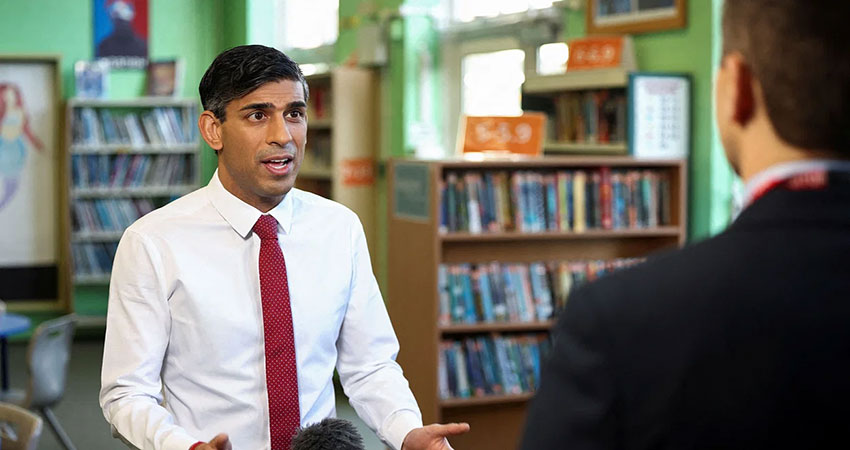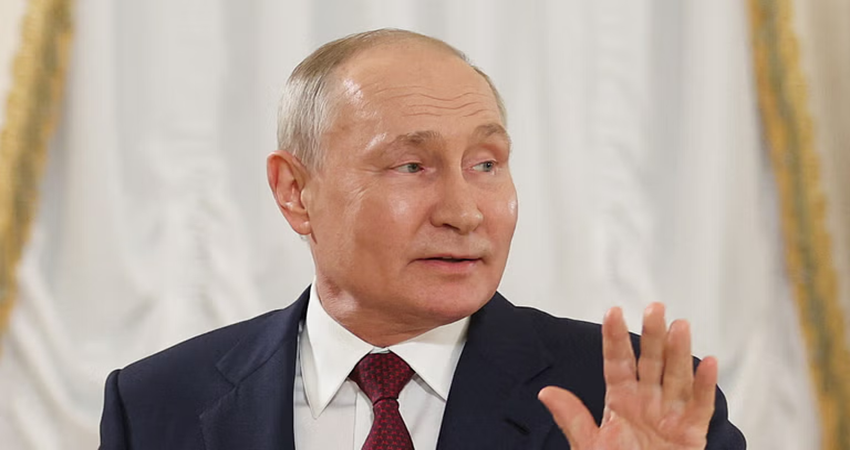Cambodia's Prime Minister Hun Sen, one of the world's longest-serving leaders, has announced he will resign and hand over to his son in early August, reports BBC.
The anticipated announcement came three days after his party again won all seats at an uncompetitive election.
Hun Sen, 70, has become increasingly authoritarian after nearly four decades of rule in Cambodia.
He first flagged a transition in 2021, but up to now no one knew exactly when it would take place.
His eldest son, Hun Manet, until recently the commander of the Royal Cambodian Army, has long been groomed for the role.
In his announcement, Hun Sen said his son would be appointed prime minister on 10 August.
"I would like to ask for understanding from the people as I announce that I will not continue as prime minister," he said in a special broadcast on state television.
He said he would be stepping down as staying in office could cause instability. However he will retain leadership of the ruling Cambodian People's Party - a position political analysts say still gives him ultimate control.
Earlier on Wednesday, state media showed Hun Sen visiting the Cambodian monarch's palace to announce the news of the dynastic succession.
Hun Manet, 45, took a leading role in campaigning for the 23 July election this year - and was often spotted leading rallies next to his father, who has ruled the Southeast Asian nation of 16 million people since 1985.
Sunday's election was widely seen as a done deal, because the only credible opposition party had been disqualified from the vote.
There were 17 other parties on the ballot but they were all too small, new or aligned with the CPP to be considered a real alternative for voters.
The US and the EU both released statements condemning the vote as neither free nor fair.
Hun Sen's elimination of political opponents is part of his wider crackdown on civil space in Cambodia in recent years.
Having consistently crushed his opponents, in 2017 he used the courts to dissolve another popular opposition party, the CNRP, and jail or exile its leaders.
He has also increasingly stifled dissent and free speech - shutting down most independent media in the country. Rights groups, trade unions and NGOs also report facing threats of closure.
Analysts had speculated that his clampdown this year was driven by the need for a smooth transition. It will be Cambodia's first transfer of power in four decades.



















